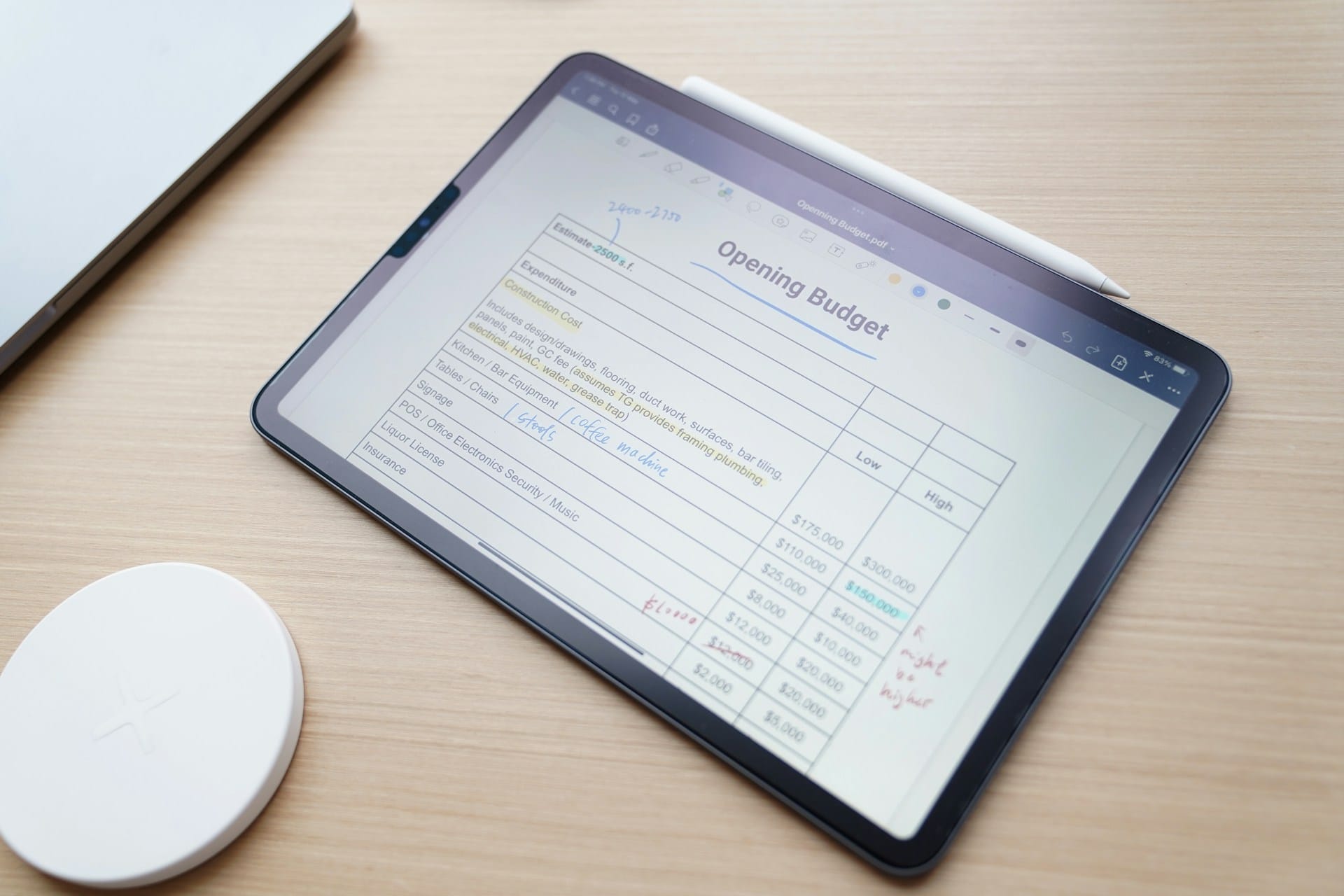Following the Project Management principles to the letter is admittedly a difficult task. There are some points, however, that if you get right from the start, they will make the process a lot more manageable. Now that we have discussed the importance of and steps for creating a project plan, let’s find out the key components of successful Project Management.
5 project management principles to keep in mind
#1 Specific Targets and KPIs
First of all, try to break your goal or goals into as many smaller and very specific targets as you can. This will help you comprise “the great picture” of your project and have all the details outlined.
This way, you can have an overview of all the little steps that will lead you to the achievement of greater goals.
Moreover, specific targets will provide you with the necessary Project Management KPIs you need to focus on. Thus, you will save time from focusing on many – sometimes irrelevant to the subject – matters at once. Having established your specific targets and KPIs is almost all the effort required, essentially. All the rest evolves from that point and on.
#2 Realistic Project Management Action Plan and Budget
After you figure out your targets and KPIs, it is time to combine them in the most efficient way, oriented to both results and cash flow efficiency.
Now it’s time to overview the activities once more, decide how much time it will take to complete them, and when you should focus on which task.
What a peace of mind that brings – not to worry about everything all the time! From that point onward, it should be rather easy to obtain a more appropriate allocation of budget per action. Setting an accurate Project Management budget can make all the difference for small businesses, so don’t overlook this crucial step!
Do spend some time describing your action plan and timeline to the rest of the stakeholders in detail. This way, you make sure they understand the Project Management action plan and will follow it as closely as possible. You will spare yourself unexpected difficulties and save time from unnecessary tasks while the project is up and running.
#3 Create a Plan B
And quite handsomely, we are lead to the third success factor. As you plan your project in detail, you have to create a Plan B, in case something goes terribly wrong. Having every scenario laid out in front of you, you will be able to distinguish the risky or the unpredictable “x-factor” and be alert should the time comes.
Moreover, having a plan B readily available will save time for you and your team as it can even prevent damage altogether! Project risk management is essential for successful Project Management because it ensures a smooth launch.
However, knowing the risks is one thing; that is why the Project Manager should make sure that the team is aware of them as well. Your contingency plan has all kinds of different parameters. To keep them closely monitored, you need to assign each risk to an owner who will be responsible for it in case of an emergency.
#4 Time is of the essence
Good time management and realistic goal-setting are crucial, as we have already discussed in the 2nd Part of the Project Management series. Don’t try to do it all at once, but do not be extremely loose either. Prepare yourself and follow the outlined plan from day #1 so you can see it through to the end, with a steady and productive rhythm.
Successful Project Management includes setting up your deadlines in a way that combines your team’s productivity levels with your project’s timeline and milestones.
Create a project calendar that defines which team members do what and when. Track time spent on the project implementation, and don’t worry if it is not going as planned. The good thing about being organized in such a manner is that even when wrong, you learn your lessons pretty clearly, so you are constantly improving.
Another good reason to track time in Project Management is that you can charge its pace accordingly. Imagine being compensated for every minute of effort you dedicated to your project!
#5 Team Management
The human factor is the pillar upon which successful Project Management rests.
Successful team project planning is one of the most vital elements of Project Management and, if you have followed the above advice, it should really be a piece of cake. Delegate the planned tasks and set personal and team micro-targets for everyone. Prepare a rescue team trained for your plan B.
Track time, so they are aware of their progress and deadlines. You can then reward them with a bonus. A team working like that is undefeatable!
As always suggested, don’t overwork them in the name of any project. And if things deviate from the original plan because the project is more demanding despite their time and effort, give them recognition and learn not to overestimate your resources next time. As a Project Manager, you need to learn from your mistakes.
Now that you have an overview of project planning and management, we hope that it has become clear how all the strategic components of your business come together.
In the end, the key to successful Project Management may be all a matter of time management. It seems to us, though, that preparing well is key to a successful business strategy implementation, with minimum risk and not a minute lost on the way. This is the main role of project planning!
Now that you know everything you need on how to plan a project effectively from start to finish, you are ready to put this knowledge to the test. Track your projects properly, and achieve success. Of course, feel free to let us know if the information you found here was helpful. Don’t forget to also check part1 and part2 of the mini-series.






